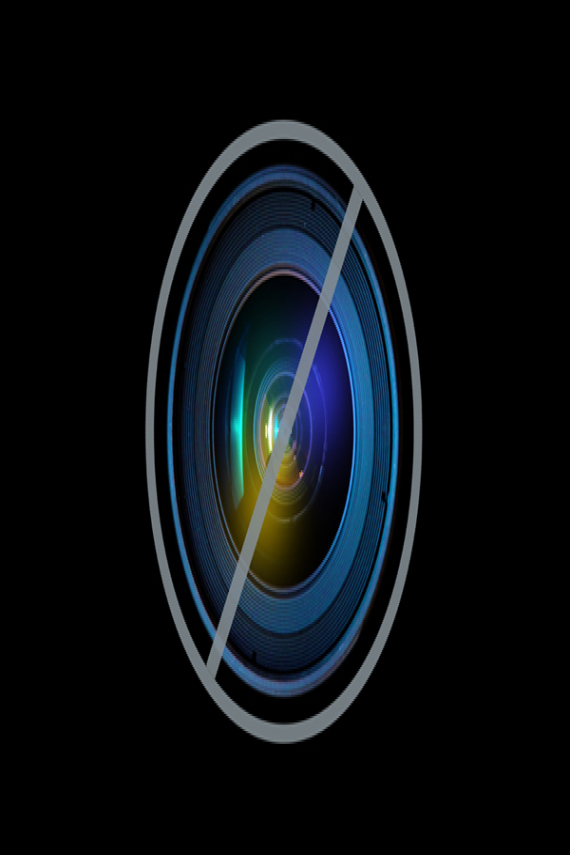Imagine a substance that was strong and light enough to armour soldiers, flexible and conductive enough to be turned into the next generation of flexible smartphone screens - and even absorbent enough to make tampons more effective.
Now imagine the process for making this wonder material was cheap, fast and involved nothing else than water, sunshine and time.
What you have imagined is nanocellulose which scientists say is just around the corner - and could be the material of the future.
 The potential of this super-material cannot be underestimated
The potential of this super-material cannot be underestimated
Nanocellulose is plant matter that has been broken down into microscopic pieces, purified and then reconstructed.
Now scientists have developed a way to manufacture nanocellulose using the same bacteria that produce vinegar.
The Acetobacter xylinum bacteria is already known for its ability to synthesise nanocellulose but until now it hasn't been possible to produce it cheaply enough to make it commercially viable.
New research focuses on engineering Nobles' blue-green algae with the bacteria, in an effort to make an organic nanocellulose 'factory'. The practical result would be an algae that - given water, sunlight and time - could produce nanocellulose on its own.
The team behind the research say it could be the key final step to producing the material in volumes great enough to change the world.
Professor Malcom Brown of the University of Texas said: "If we can complete the final steps, we will have accomplished one of the most important potential agricultural transformations ever.
"We will have plants that produce nanocellulose abundantly and inexpensively. It can become the raw material for sustainable production of biofuels and many other products.
"While producing nanocellulose, the algae will absorb carbon dioxide, the main greenhouse gas linked to global warming."
There are many potential uses of nanocellulose - because it is an organic vegetable compound, it could be used as a low calorie food bulker or a wound dressing.
You could also find it being used to make the speakers in your hi-fi, computer components or cigarette filters. All cheaply, quickly and in a way that will help the environment.
